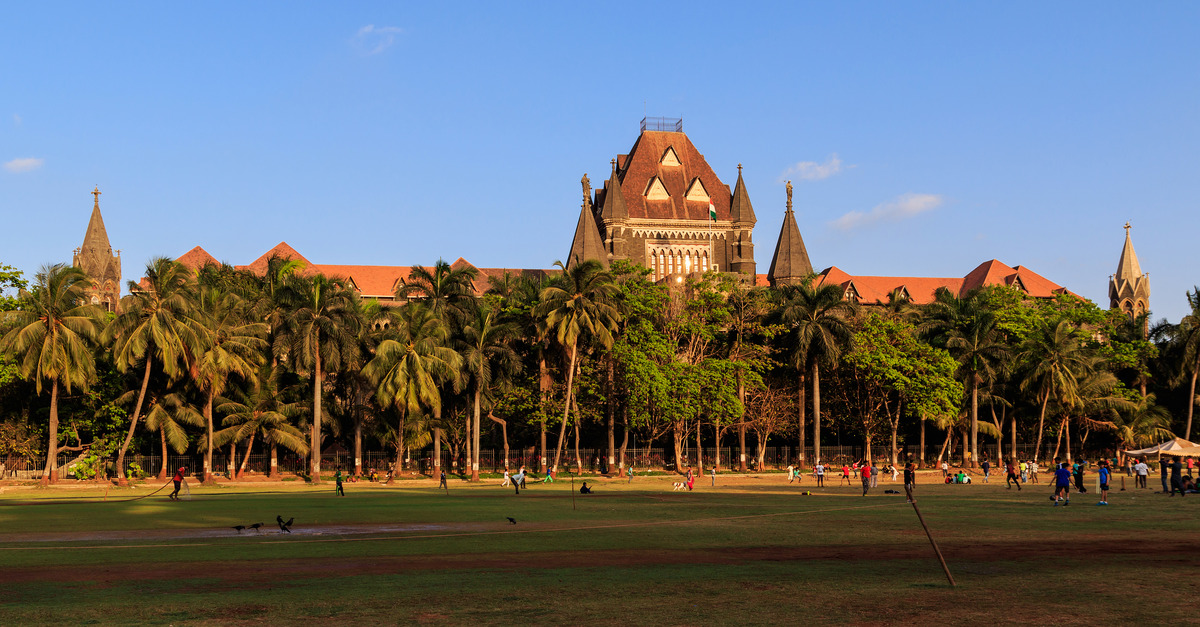INTRODUCTION
The Bombay High Court recently held that issues like family members’ serious illness, wife’s delivery, natural calamities, etc are unforeseen, and thus a prisoner cannot be asked to wait for one and a half years, till he becomes eligible to avail the facilities of furlough or parole leaves.
BACKGROUND
The Bombay High Court recently questioned a rule that prevented the release of prisoners on parole unless they completed a year and a half in prison, the sole exception for earlier release on emergency parole being the death of a near relative.
A Division Bench of Justices Bharati Dangre and Manjusha Deshpande noted that natural calamities, family illnesses, and a pregnant wife’s delivery are also unpredictable events that may warrant the prisoner’s release on parole before the 1.5-year period elapses.
The Court ruled that in such situations, it is unreasonable to ask a prisoner to wait for a year and a half for parole, emphasizing that such restrictions are “manifestly arbitrary.”
The Court was considering a plea by one, Balaji Puyad who had applied for parole in September 2024 after his wife fell critically ill.
His parole request was denied by the Superintendent of Nashik Road Central Prison in September, stating that petitioner had returned from his last furlough in April 2024, making him ineligible for another release until a year and a half period elapsed.
Notably, the prison authorities explained that there was a rule preventing the grant of parole to a prisoner unless he has spent at least a year and a half in prison after his admission to jail or since his last return from parole.
The Court, however, directed the Superintendent of Central Jail, Nashik to reconsider its decision.
The Court noted that while death of a near relative is already classified under emergency parole, other unforeseen contingencies – like serious illness of close family members, a pregnant wife’s delivery, or natural disasters – are also unpredictable.
Prisoners should not be required to complete 1.5 years of imprisonment before seeking parole again for these contingencies, the Court said.
The State had informed that prisoners could be granted regular parole for serious family illness, a wife’s delivery, or natural calamities.
However, it explained that a 2022 amendment to the Maharashtra Prisons (Mumbai Furlough and Parole) Rules, 1959 prohibited such consideration if the prisoner had not completed one and half years of actual imprisonment from the date of admission to prison.
The Court observed that a similar proviso under the 2018 Rules was considered by the Full Bench, which concluded that it is implausible for any person to foresee the specific timing of contingencies such as serious illness or natural calamities for availing parole.
The Court added that it was inclined to strike down the validity of this provision. However, since no direct challenge to it, the Court confined to considering only the case before it.
Accordingly, the Court directed the prison authorities to reassess the petitioner’s application on its merits within a week, without applying the restriction barring the grant of parole without the prisoner completing a year and a half in prison.
KEY ASPECTS
- Challenge to the 1.5-year rule: The court said Prisoners should not be required to complete 1.5 years of imprisonment before seeking parole again for these contingencies.
- Broader Definition of Emergencies: The State had informed that prisoners could be granted regular parole for serious family illness, a wife’s delivery, or natural calamities, not just for the death of a relative, etc.
- Directive for Reconsideration: The Court directed the prison authorities to reassess the petitioner’s application on its merits within a week, without applying the restriction barring the grant of parole without the prisoner completing a year and a half in prison.
CONCLUSION
By observing all the matter the Court directed the prison authorities to reassess the petitioner’s application on its merits within a week, without applying the restriction barring the grant of parole without the prisoner completing a year and a half in prison. This ruling of the court is a significant step towards a judiciary system that values humanity.
“PRIME LEGAL is a full-service law firm that has won a National Award and has more than 20 years of experience in an array of sectors and practice areas. Prime legal falls into the category of best law firm, best lawyer, best family lawyer, best divorce lawyer, best divorce law firm, best criminal lawyer, best criminal law firm, best consumer lawyer, best civil lawyer.”
WRITTEN BY: D.V. DEEKSHA.


